Aluminum and steel are two widely used metals. Both aluminum and steel have their own advantages and disadvantages, takže “better” choice depends on factors such as strength, weight, odolnost proti korozi, cost and other specific application requirements.
Aluminum steel plate weight comparison:
Hliník: Aluminum is much lighter than steel, making it an excellent choice when weight savings is critical. This is especially important for industries such as aerospace and automotive.
Steel: Steel is denser and heavier than aluminum. It is better suited for applications where weight is less of a concern, such as structural supports and heavy machinery.
Aluminum steel plate strength comparison:
Hliník: Aluminum has lower tensile strength compared to steel, but its strength-to-weight ratio is excellent. It provides sufficient strength for many applications.
Steel: Steel is known for its high tensile strength, making it suitable for applications requiring superior structural strength and durability.
Comparison of corrosion resistance of aluminum steel plates:
Hliník: Aluminum is naturally resistant to corrosion due to the protective oxide layer that forms on its surface. It is particularly suitable for outdoor and marine applications.
Steel: Steel corrodes easily and requires various coatings and treatments to prevent rust and degradation.
Aluminum steel plate cost comparison:
Hliník: Aluminum is generally more expensive than steel on a per-pound basis. Však, the reduced weight and corrosion resistance can offset the initial cost in some applications.
Steel: Steel is generally more cost-effective in terms of raw material costs. Však, long-term costs can be higher due to the need for protective coatings and maintenance to prevent corrosion.
Comparison of machinability of aluminum steel plates:
Hliník: Aluminum is relatively easy to machine and machine, making it suitable for applications that require complex shapes or precision machining.
Steel: Steel is more difficult to work with, especially harder steels, and may require more specialized tools and processes.
Comparison of thermal conductivity of aluminum steel plates:
Hliník: Aluminum has high thermal conductivity and is suitable for applications that require efficient heat dissipation, such as radiators.
Steel: Steel has a lower thermal conductivity compared to aluminum.
In summary, the choice of aluminum and steel panels should be based on the specific needs of your project or application. Aluminum is often favored when weight savings and corrosion resistance are required, while steel is preferred when high strength and durability are critical.
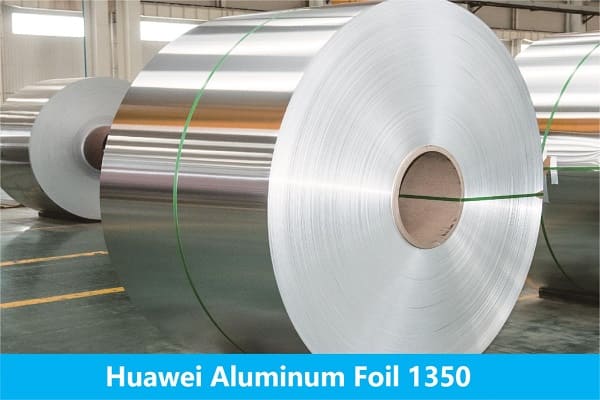
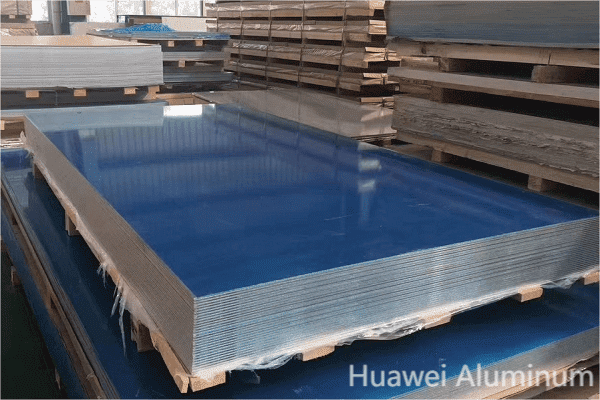
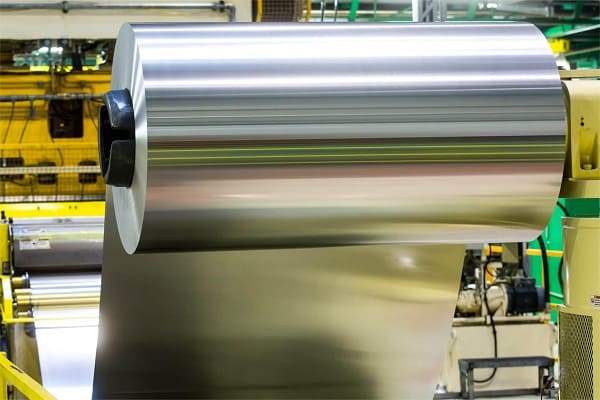
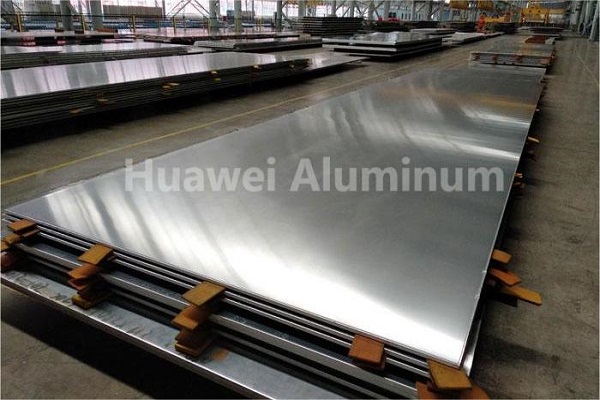
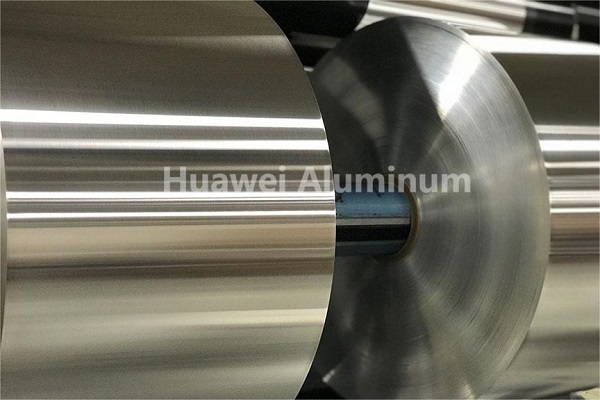
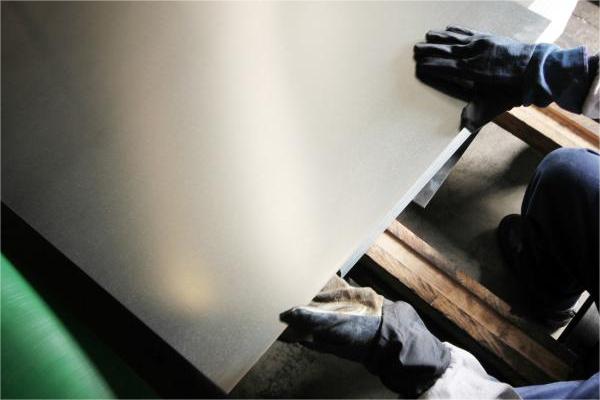
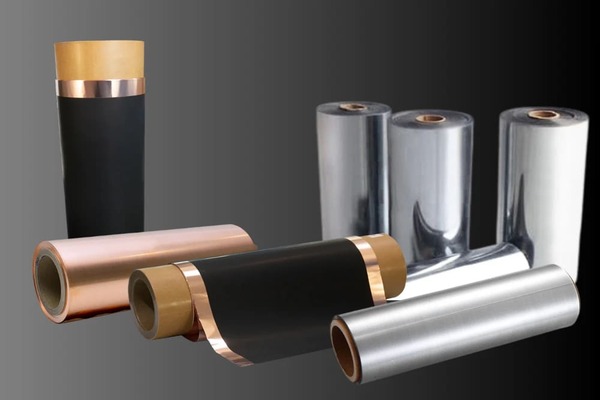
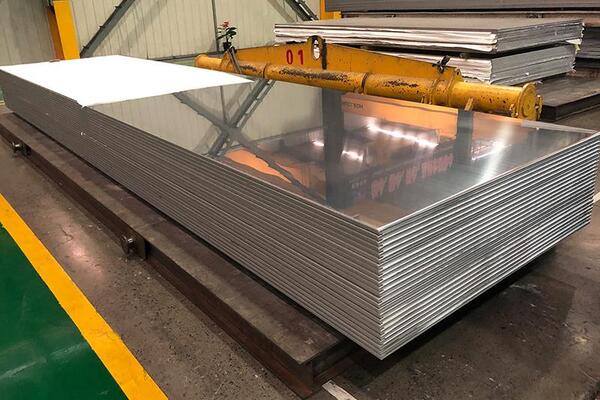
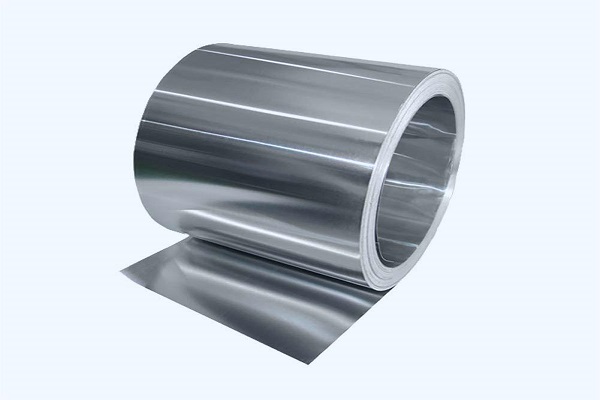
Zanechat odpověď